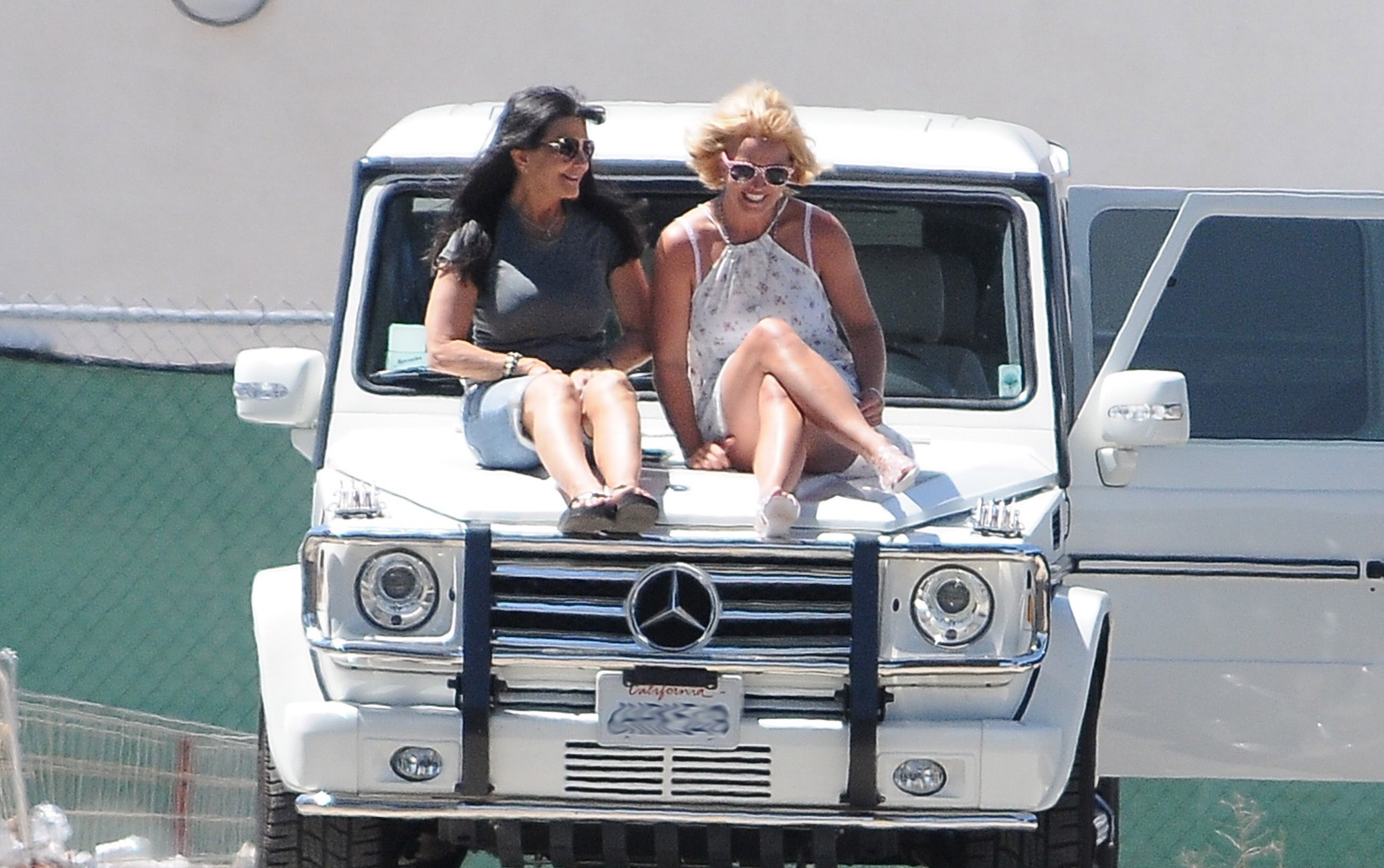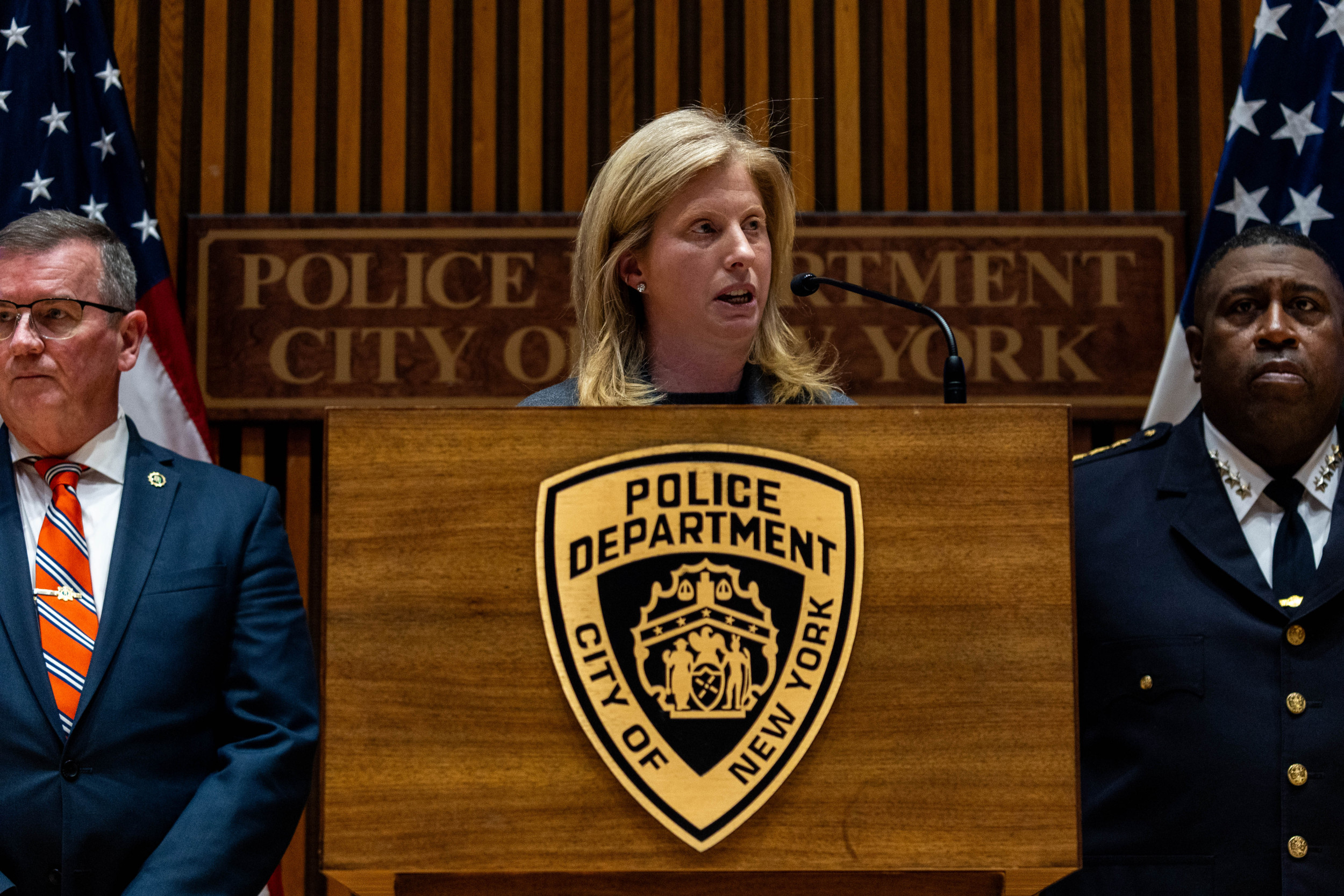As Halloween approaches, FoodSafety.gov is reminding families and candy lovers to keep safety in mind while trick-or-treating and hosting parties at home.
The popular holiday, known for its spooky costumes and sweet treats, can also pose potential food safety risks and health threats, especially when it comes to handling and consuming candy or homemade snacks.
To help ensure a safe and enjoyable Halloween, FoodSafety.gov has released a series of tips to keep children and their families safe and to warn about the risk of potentially unsafe Halloween snacks in an article titled "Halloween Treats: Better Safe Than Scary."
For safe treats, the advisory warns parents and children to check seals and wrapping on Halloween snacks.
"Tell children not to accept—and especially not to eat—anything that isn't commercially wrapped. Inspect commercially wrapped treats for signs of tampering, such as an unusual appearance or discoloration, tiny pinholes, or tears in wrappers."

When children return from trick-or-treating, parents need to inspect all candies and treats. Ensure that packaging is intact and has not been tampered with. Any treats with torn, loose, or punctured wrappers should be discarded immediately. "Throw away anything that looks suspicious," advises the article.
Parents should be cautious with home-baked goods or candy that does not come from a trusted, reputable source.
With the variety of candies children receive, checking ingredient labels is crucial, especially for those with food allergies. Many mini-sized or individually wrapped candies may not have full ingredient lists, so it's important to research these products ahead of time or opt for allergen-free options, if providing snacks from home or at a party.
"If your child has a food allergy, check the label to ensure the allergen isn't present. Do not allow the child to eat any home-baked goods he or she may have received," FoodSafety advises.
Children are also advised to avoid eating while trick-or-treating and not be tempted to snack while walking from house to house. It is recommended to wait until all treats have been inspected at home. Eating unexamined treats in the dark could increase the risk of consuming something unsafe.
"Children shouldn't snack on treats from their goody bags while they're out trick-or-treating. Give them a light meal or snack before they head out—don't send them out on an empty stomach. Urge them to wait until they get home and let you inspect their loot before they eat any of it," the agency advises.
When hosting a Halloween party at home, adults are advised that, in the interests of food safety, for safe storage, all perishable foods, for example, finger sandwiches, cheese platters, fruit and salads, should be chilled until serving time. This also includes food such as "cold pasta dishes with meat, poultry, or seafood, and cream pies or cakes with whipped-cream and cream-cheese frostings."
FoodSafety advises not to leave perishable goodies out of the fridge for more than two hours (one hour in temperatures above 90F (32C)).
Candy that contains chocolate or other perishable ingredients should be stored in a cool, dry place. Refrigerate or freeze all treats that may melt or spoil.
The article also urges parents to remove any choking hazards for younger children. Hard candies, gum, or small toys can pose a choking risk, especially for children under the age of 5. It's important to have only age-appropriate treats.
Caution is also advised when playing all-time favorite Halloween games such as bobbing for apples.
"Reduce the number of bacteria that might be present on apples and other raw fruits and vegetables by thoroughly rinsing them under cool running water. As an added precaution, use a produce brush to remove surface dirt," says FoodSafety.
Other potential issues to look out for include providing unpasteurized juice or cider that can contain harmful bacteria such as Salmonella. To stay safe, it is advised to always serve pasteurized products at your parties. Another potential danger is eating raw cookie dough or cake batter that contains uncooked eggs.
If serving hot foods, FoodSafety advises cooking everything to "a safe minimum internal temperature to ghost bust any foodborne illness bacteria."
For more detailed guidelines, visit FoodSafety.gov.



















![Katie Holmes Arrives at Ethel Barrymore Theatre in NYC [11-26-2024]](https://celebmafia.com/wp-content/uploads/2024/11/katie-holmes-arrives-at-ethel-barrymore-theatre-in-nyc-11-26-2024-6_thumbnail.jpg)
 English (US) ·
English (US) ·